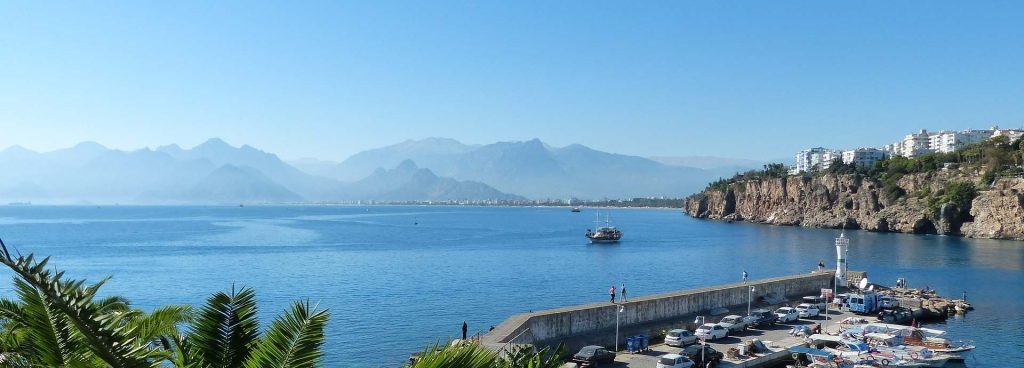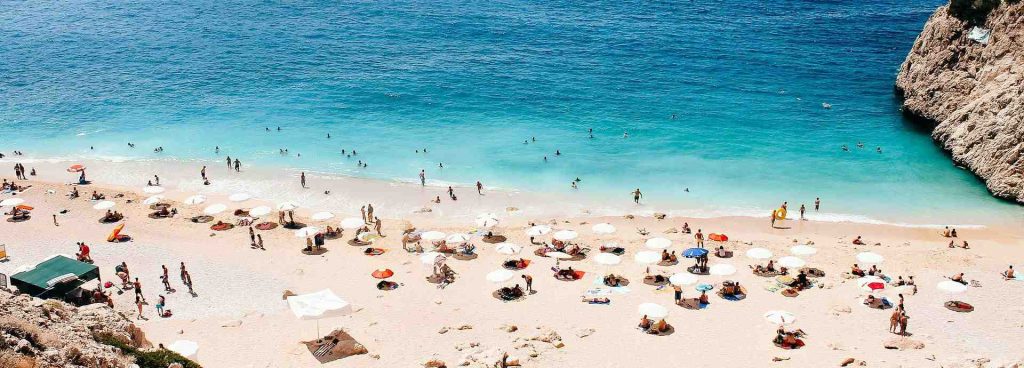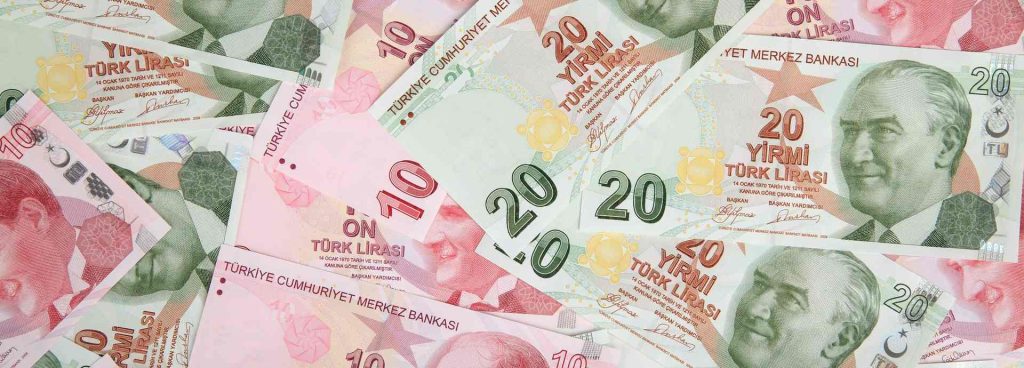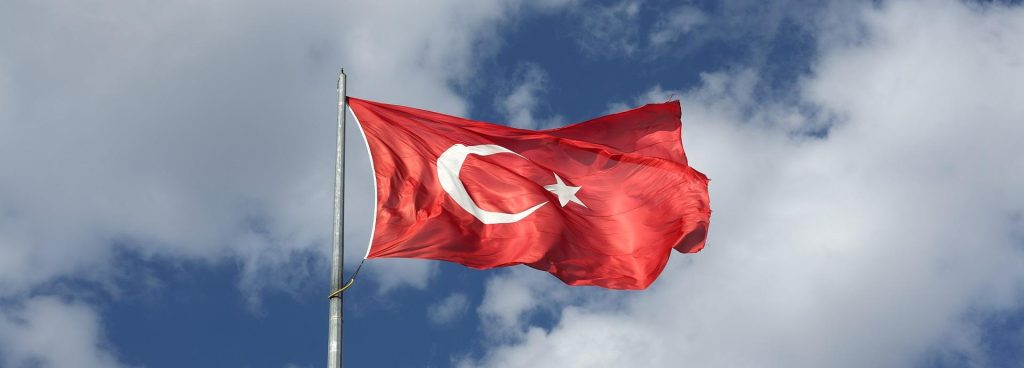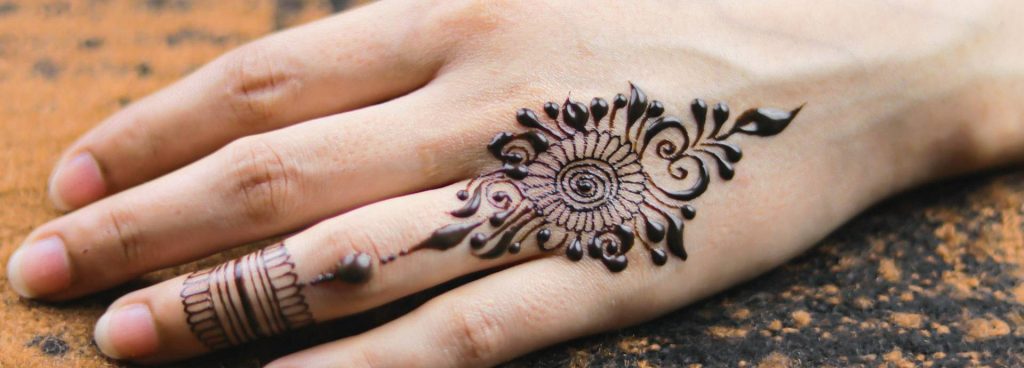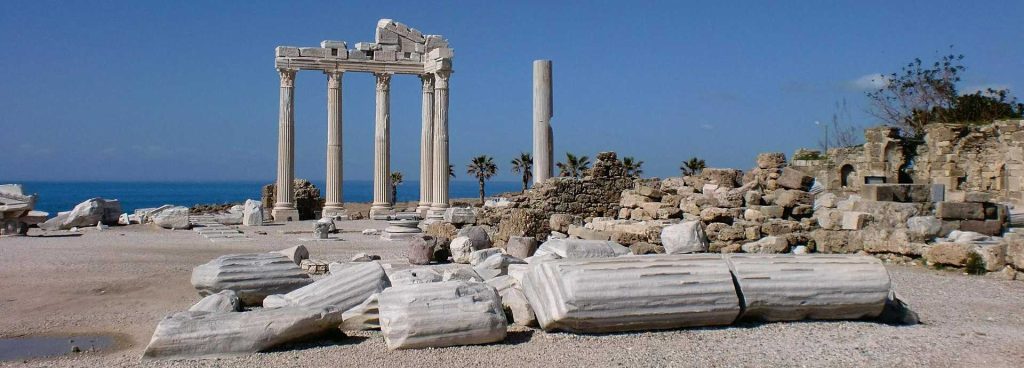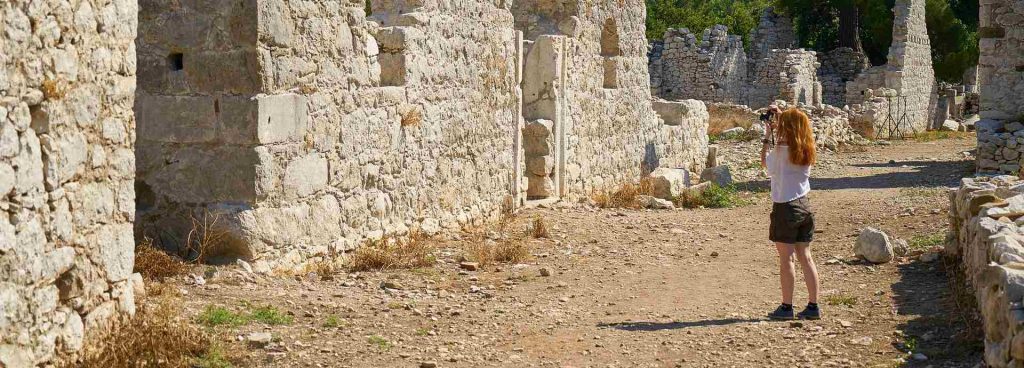Interesting facts and things worth knowing about your holiday destination
2nd millennium BC: The Hittites established a great empire in Anatolia. Hattusa, today's Bogazkale, was appointed as the capital.
10th century BC: There were numerous conflicts between the Greeks and their neighbors. It was mainly about supremacy over the passage through the Dardanelles.
8th/7th Century BC: Anatolia was ruled by the Phrygians, whose capital was Gordion. At the same time, the Greek cities of Ephesus, Miletus and Priene arose in western Anatolia.
5th/4th Century BC: Persians poured in from the east, eventually establishing a 200-year dominion in Asia Minor. Only the conquests of Alexander the Great in 334 BC could put an end to this reign.
1th century BC: With the founding of additional provinces, Rome consolidated its power in Asia Minor.
1st Century AD: Rapid spread of Christianity.
4th century: Under Constantine (324-337) and Theodosios I (379-395) Christianity was also able to assert itself in Asia Minor.
10th/14th Century: Islam came into the country through Arab occupations. This spread rapidly with the advance of the Seljuks in the second half of the 2th century.
16th century: After the death of Süleyman I, the first weaknesses in the Ottoman Empire became apparent. The military successes could only be financed by permanent tax increases. This led to riots.
17th/18th Century: In 1699 the kingdom lost Hungary and Transylvania. In the 19th century it had to cope with the loss of large areas of the Balkans.
20th century: During World War I, the Reich sided with the Axis powers and suffered defeat alongside the German Reich. According to the Treaty of Sèvres, only Istanbul and parts of Anatolia remained for the sultan. At that time, Mustafa Kemal was already beginning his liberation struggle. Mustafa Kemal Atatürk was born in Salonika/Greece in 1. As an officer, he was tasked with demobilizing Anatolian troops in 1881. Instead, however, he organized resistance against the French, Italian, and Greek occupation of parts of Asia Minor from the eastern provinces.
He formed a counter-government to that of the Sultan in Ankara. By 1923, Ataturk was just a successful officer who had staged a coup. It was only later that he became famous. According to plan, he went the way to the modern nation state. The amazing thing was that impoverished Turkey willingly followed him. In 1924 the caliphate was abolished and Islam lost its status as the state religion. In addition, the dervish orders were banned and new legislation based on the Swiss model was introduced. The education system was reformed, religious instruction was abolished and the building of schools was encouraged. Women were given equal rights and the right to vote.
21th century: Turkey is a parliamentary democracy led by the President. Its primary goal is to protect human rights and ensure compliance with the law. Turkey is a secular republic and has been a member of NATO since 1952. On May 7, 1982, the new constitution was passed. Turkey's accession negotiations with the European Union have been ongoing since October 3, 2005.


